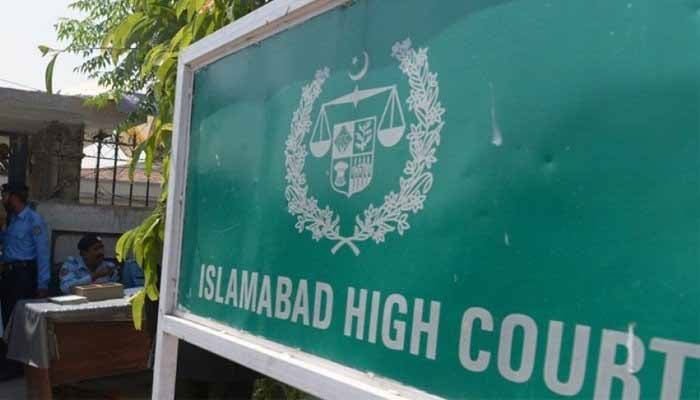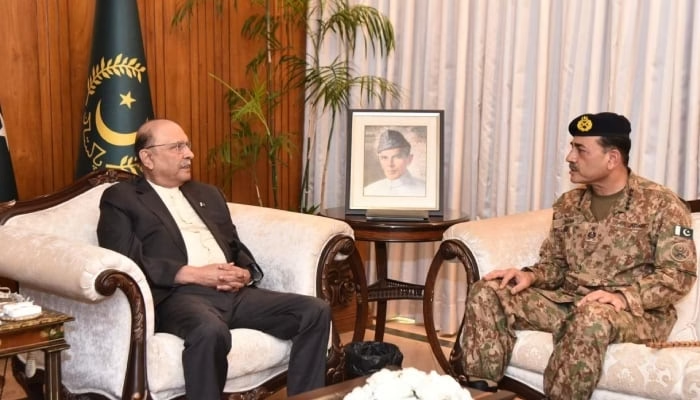Six judges from the Islamabad High Court have taken a bold stance by addressing a letter to the Supreme Judicial Council, urging for a thorough investigation into the dismissal of Justice Retired Shaukat Aziz Siddiqui and emphasizing the crucial need to safeguard the independence of the judiciary. In their letter, the judges underscored the significance of addressing any interference in judicial affairs, particularly by intelligence agencies, as it poses a direct threat to the integrity and autonomy of the judiciary.
The letter highlights the dismissal of Justice Shaukat Aziz Siddiqui on October 11, 2018, following his reported allegations of interference by intelligence agencies. The judges express their disagreement with Siddiqui’s dismissal, characterizing it as unjust and labeling him as a retired judge. They assert that the allegations against Siddiqui warrant a thorough investigation, emphasizing the importance of holding accountable those responsible for undermining judicial independence.
Furthermore, the judges raise pertinent questions regarding the identity of the individuals who perpetrated the interference in judicial affairs and who supported them in their actions. They stress the need for accountability to prevent such occurrences in the future, noting the absence of clear guidance in the Code of Conduct for Judges on how to report instances of interference.
Seeking clarity and guidance from the Supreme Judicial Council, the judges inquire about the responsibilities of judges in reporting and addressing actions by members of the executive, including intelligence agencies, that encroach upon judicial independence. They underscore the detrimental impact of such interference, emphasizing the importance of establishing mechanisms to protect judicial freedom and mitigate factors that undermine judicial independence.
The letter also highlights the alarming revelation of hidden camera recordings allegedly capturing the private quarters of a high court judge, raising concerns about potential surveillance and intimidation tactics employed to compromise judicial integrity. The judges stress the urgency of investigating whether there exists an ongoing policy within the executive branch, particularly concerning the activities of intelligence officials and their relationship with the judiciary.
In essence, the letter serves as a powerful plea for accountability, transparency, and the preservation of judicial independence in Pakistan. It underscores the imperative of upholding the rule of law and protecting the judiciary from undue influence or interference, ensuring that justice prevails impartially and without fear or favor.



